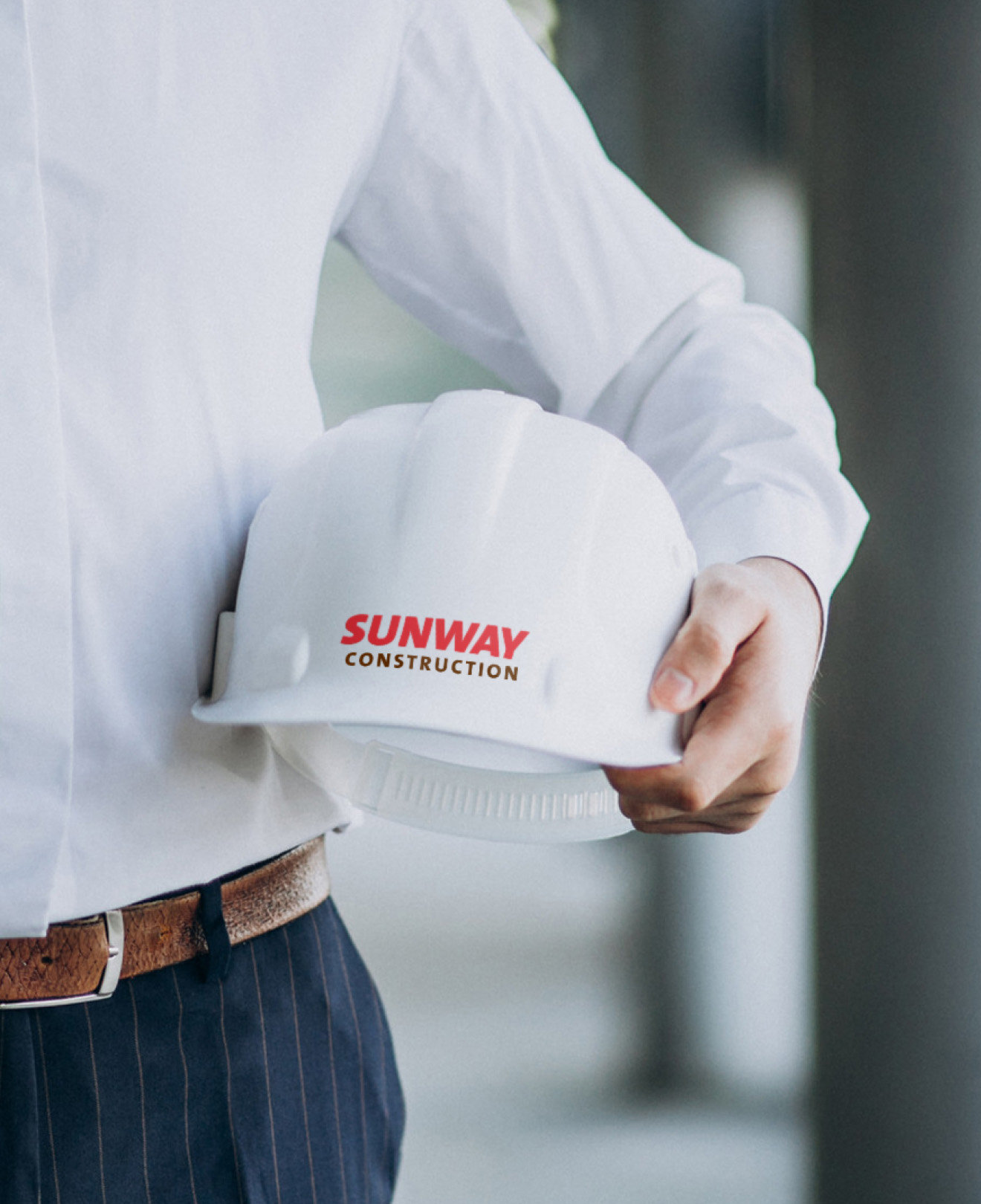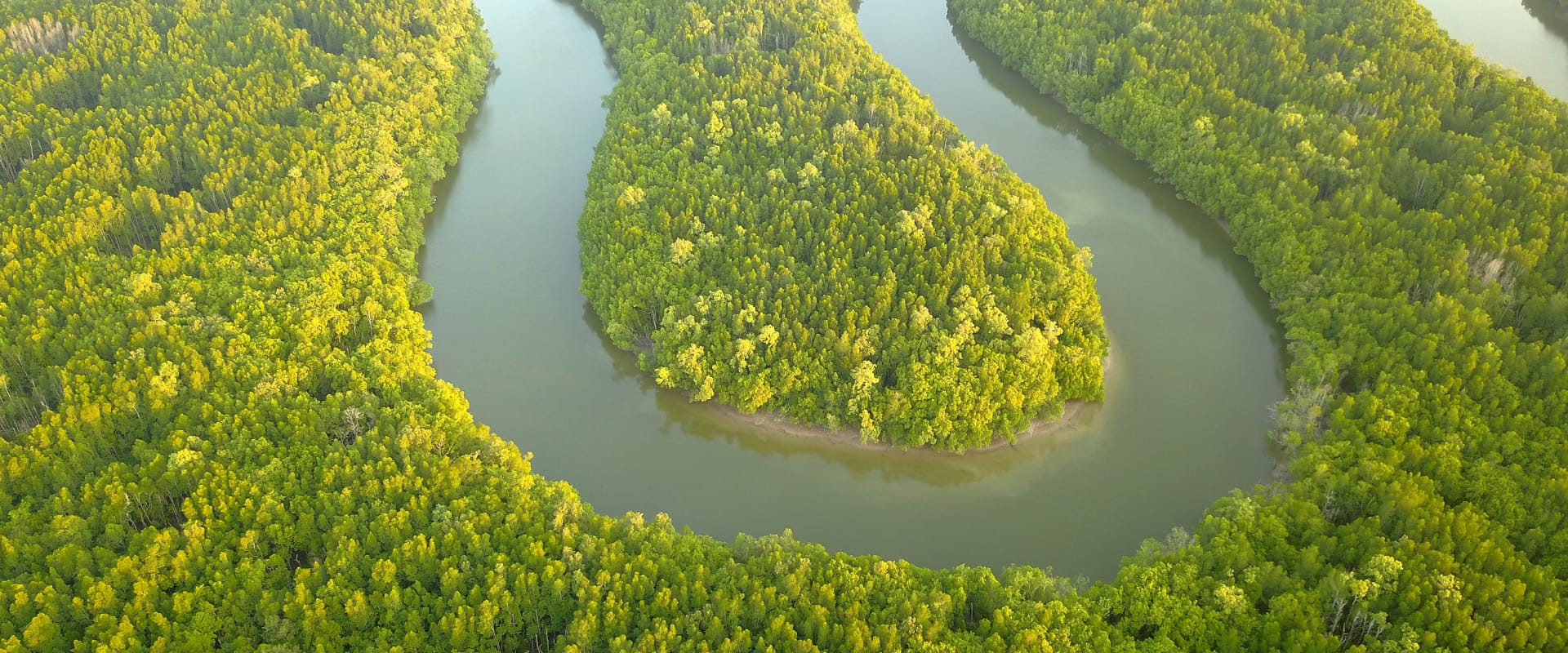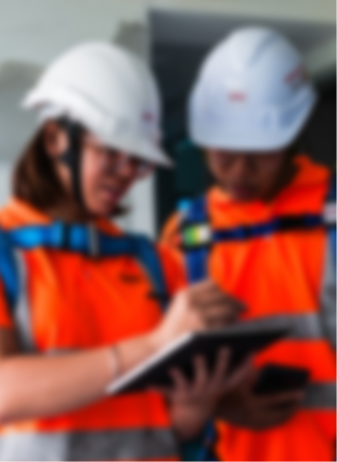We are committed to minimising our carbon footprint and addressing climate change in our pursuit of sustainable construction.
Climate Action
At SunCon, we recognise the impact of climate change and are committed to addressing it through continuous efforts to reduce our carbon footprint. Guided by our Carbon Reduction Strategy, we continue to embed sustainability into our operations and decision-making processes.
- Upgrade to energy-efficient equipment
Increase in renewable energy adoption under operations - Transition from diesel-powered equipment to low-emission or electric alternatives where feasible
- Explore the use of alternative fuels
- Conduct sustainability workshops for key project personnel and awareness training for staff
- Engage major commodities supply chain for low-carbon plans and targets
- Enhance procurement strategies to include sustainability and climate considerations
- Prioritise local suppliers to reduce transportation emissions from materials deliveries
- Trade green attributes from solar investment projects and CGPP to generate income for the near-term whilst operations remain focused on enhancing energy efficiency initiatives
- Exercise carbon avoidance credits to offset residual Scope 2 emissions by 2028
- Continue to explore potential RE projects for credits trading
- Utilise current and emerging technologies, such as BIM and IBS to optimise energy use and reduce embodied carbon of projects
- Prioritise low-carbon options, such as products with recycled content (where feasible)
- Minimise waste generation through design and process optimisation
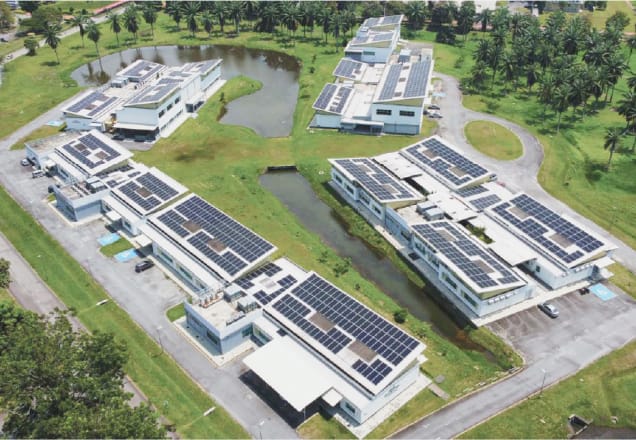
SunCon is driving carbon reduction through solar energy projects, positioning us to achieve our 2030 carbon reduction goals ahead of schedule.
As part of our commitment to reducing the carbon footprint, SunCon offers sustainable energy solutions, including district cooling plants and renewable energy services.
Circular Economy
At SunCon, we recognise the impact of climate change and are committed to addressing it.
SunCon adopts sustainable alternatives and leverages Virtual Design and Construction (VDC) to optimise resource use, reduce material needs, and minimise environmental impact.
A key part of our strategy is implementing best practices in materials management to ensure efficient handling, storage, and waste reduction.
Other practices include:
- Doing the right things the first time and every time
- Procurement of materials based on work programme to minimise premature delivery of materials
- First-In-First-Out (FIFO) practices
- 5-S System
At SunCon, we categorise waste into hazardous and non-hazardous types, following regulations to prevent pollution and protect our reputation. Guided by our QESH Policy, we integrate circular economy practices, aiming for zero waste to landfill. Our 3R approach—reduce, reuse, recycle—focuses on minimising waste, repurposing materials, and conserving resources.
Water Protection
SunCon is committed to implementing effective water management strategies that minimise water waste and promote safe discharge of wastewater, ensuring that our operations are in harmony with environmental preservation and resource sustainability.
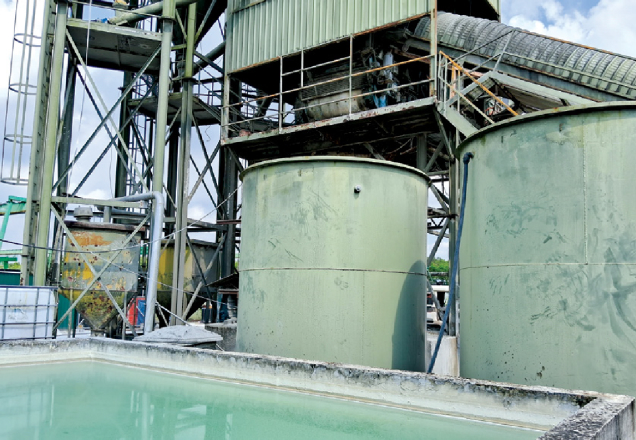
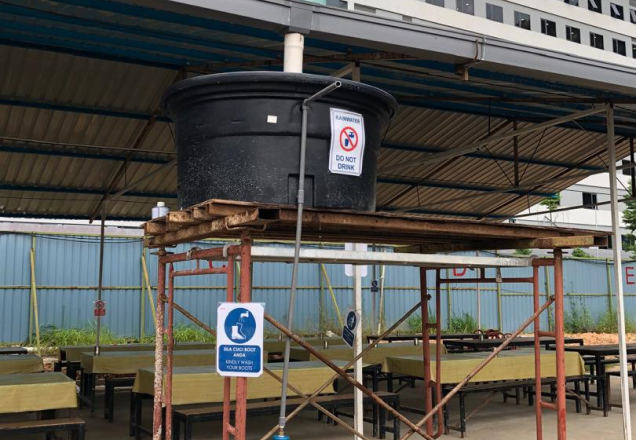
Biodiversity
SunCon acknowledges the critical role of biodiversity while environmental assessments are typically the project owner’s responsibility, SunCon does not operate in or near areas classified as high conservation value (HCV).
We are committed to minimising environmental impacts, preventing pollution, and complying with legal and client requirements through our QESH policy, while strictly adhering to the Environmental Quality Act (EQA) 1974 and DOE’s EIA Conditions of Approval (COA).
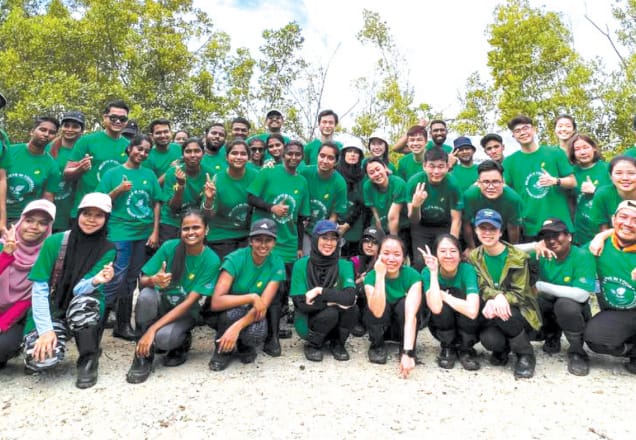
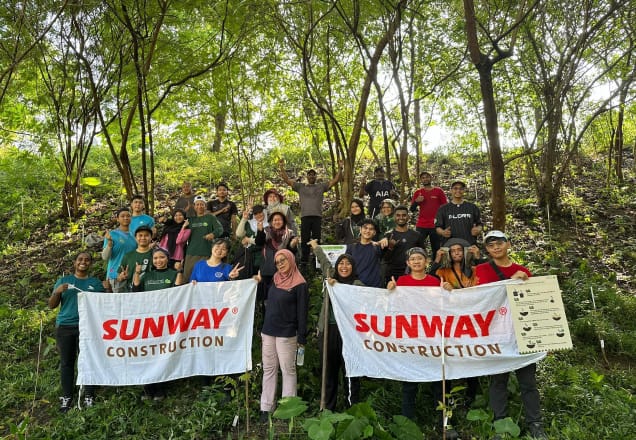
Explore Our Sustainability Efforts
